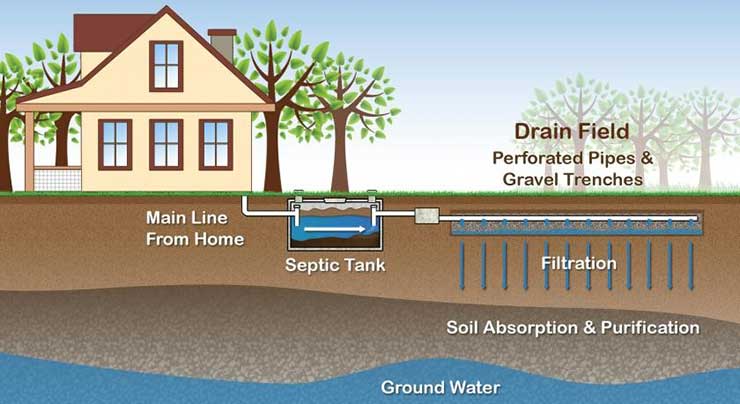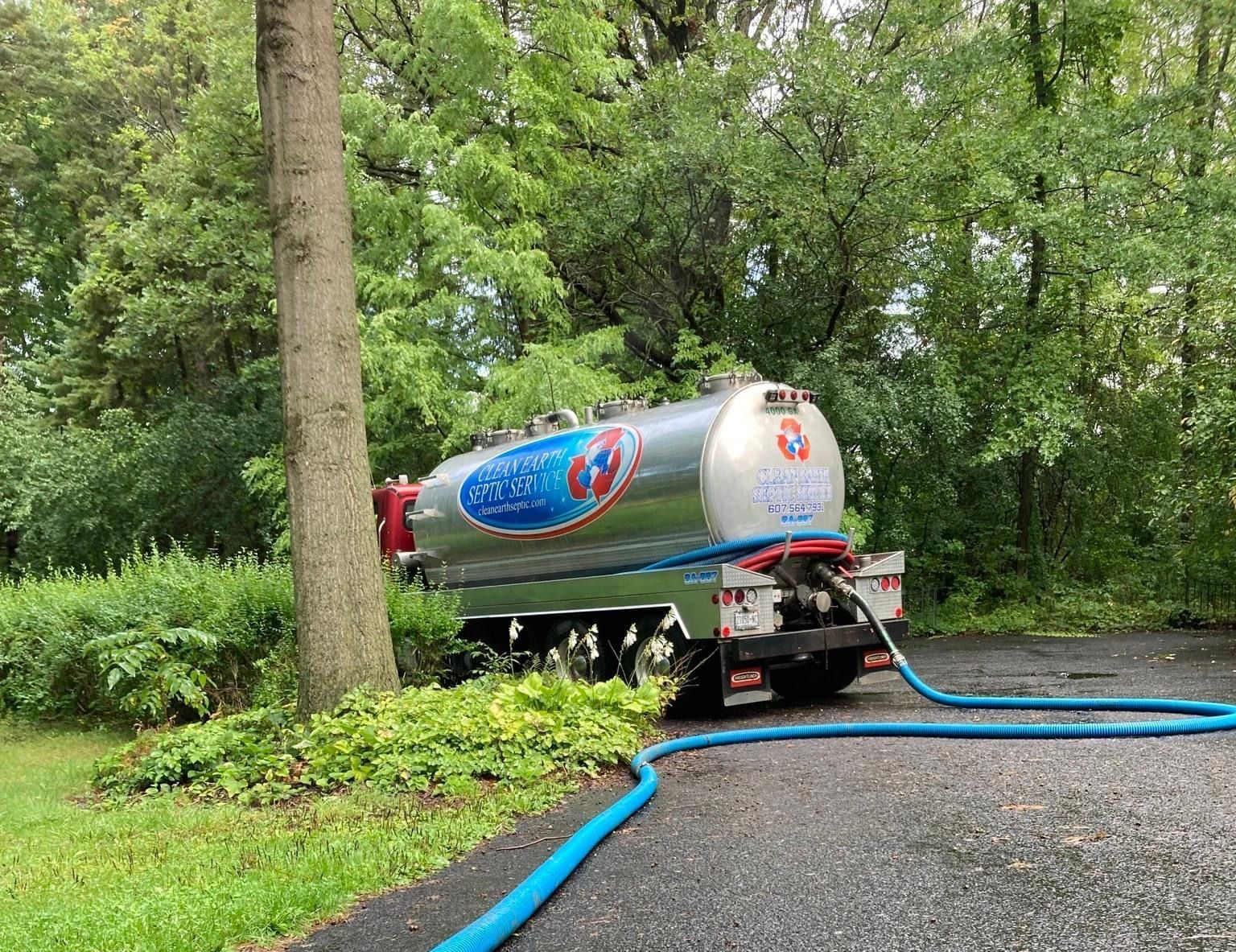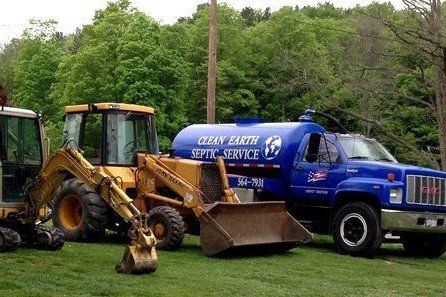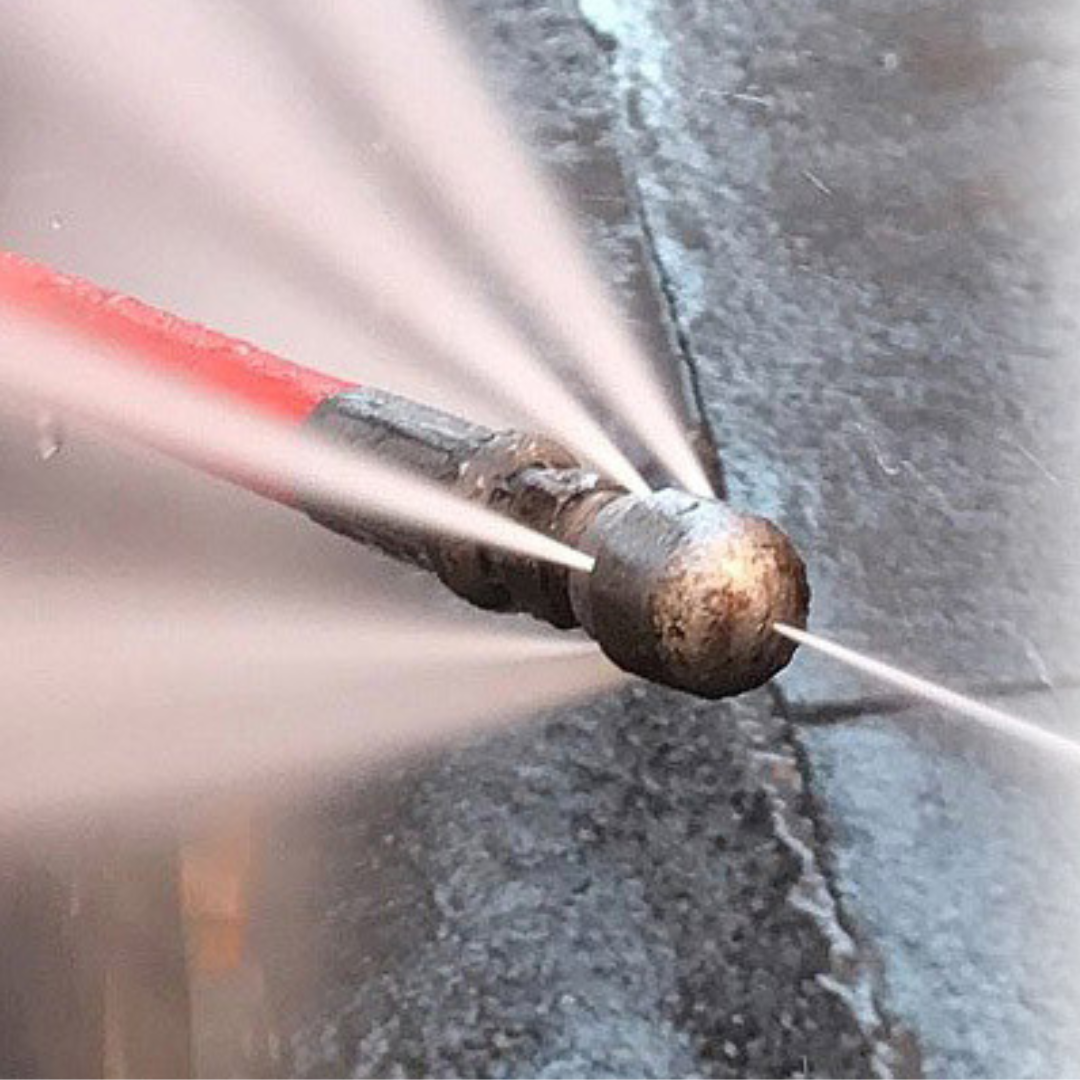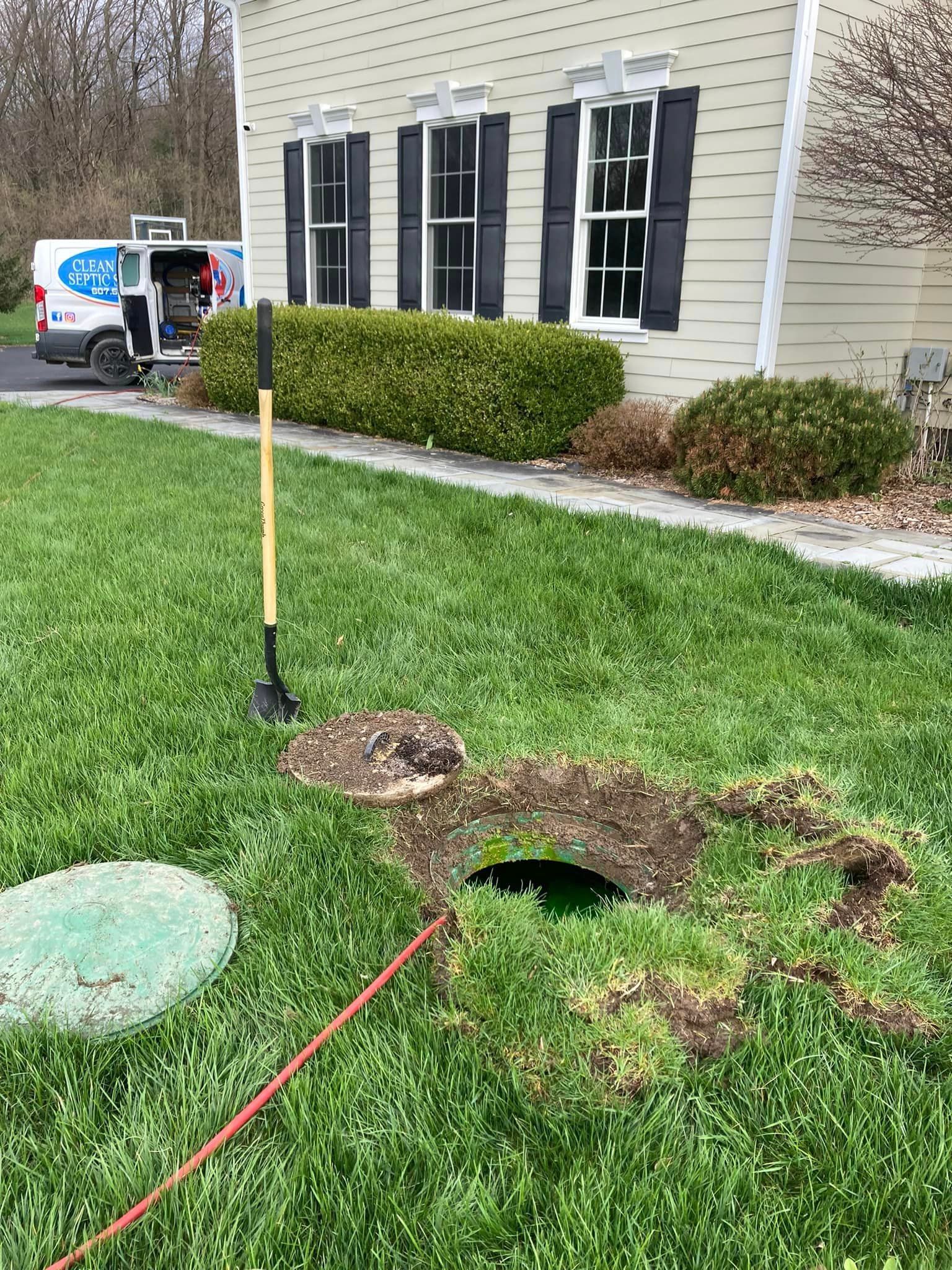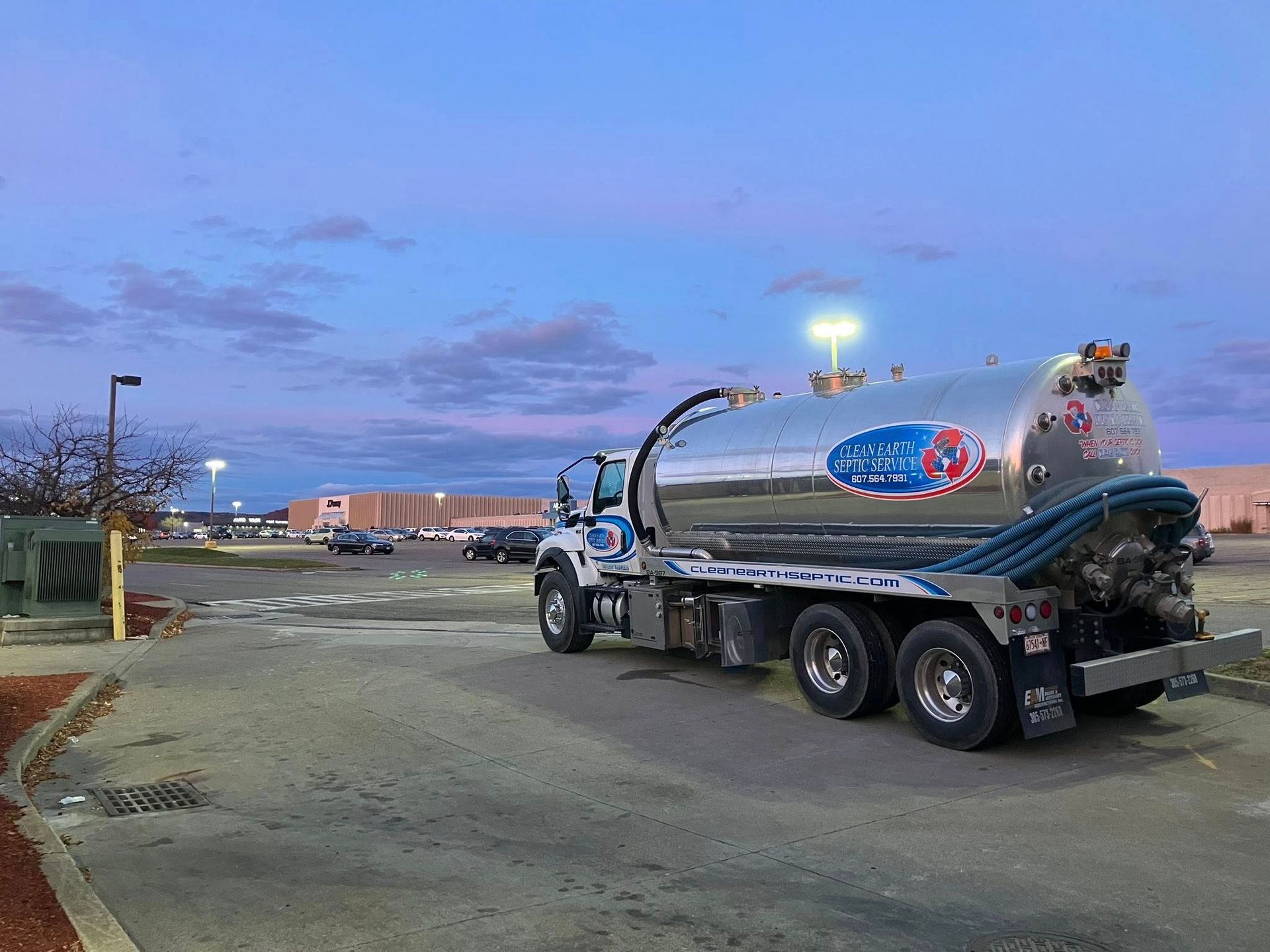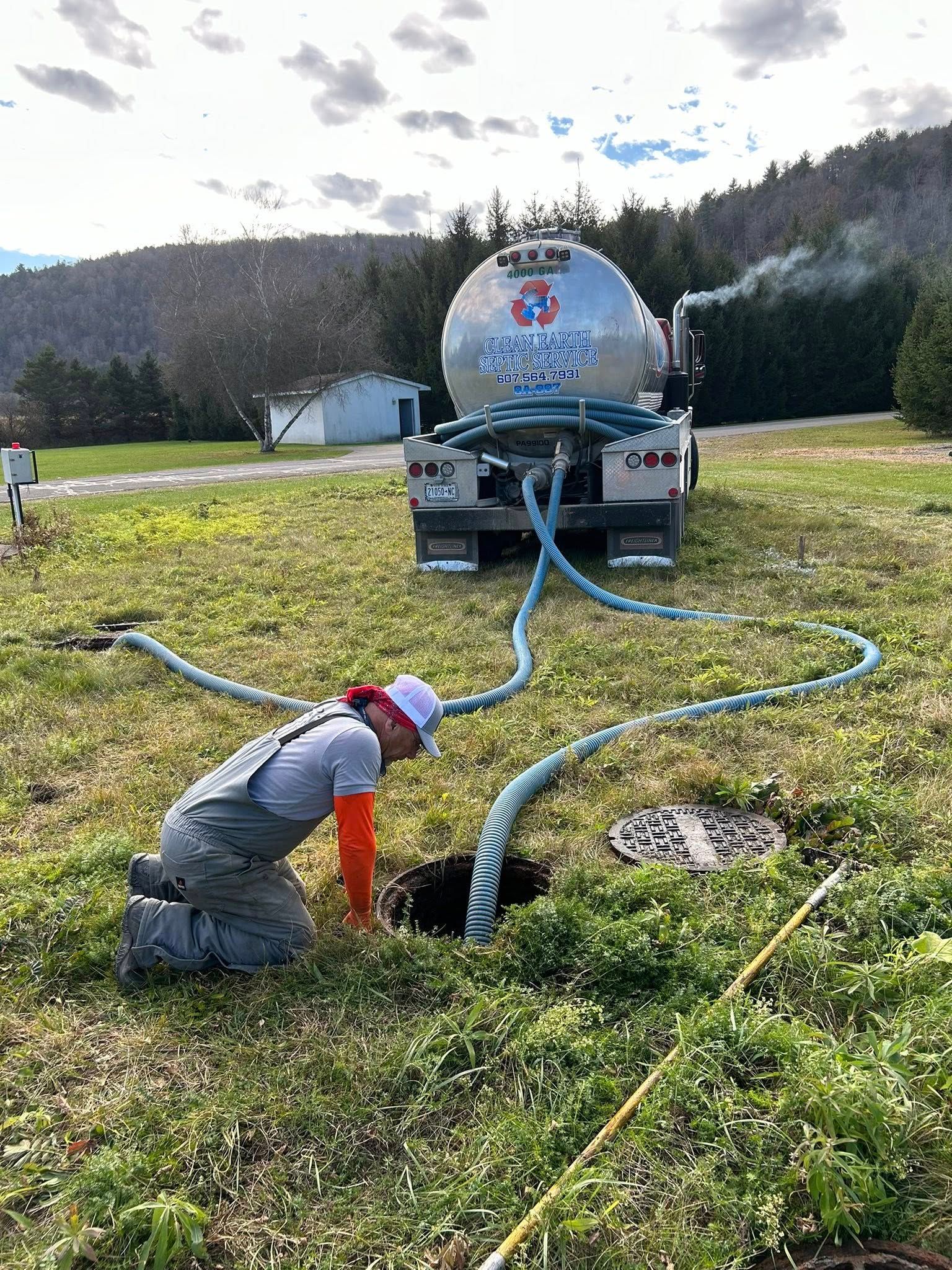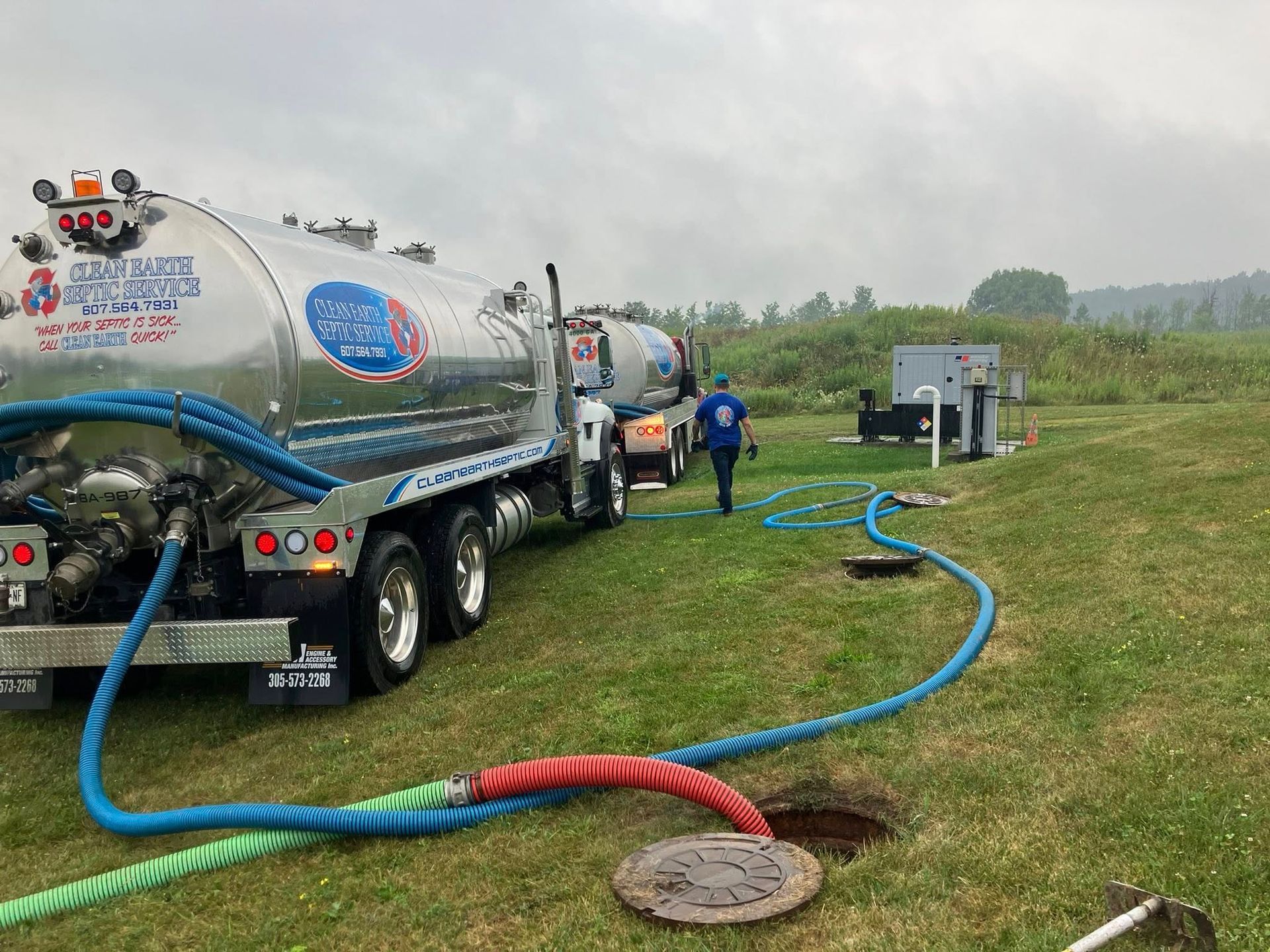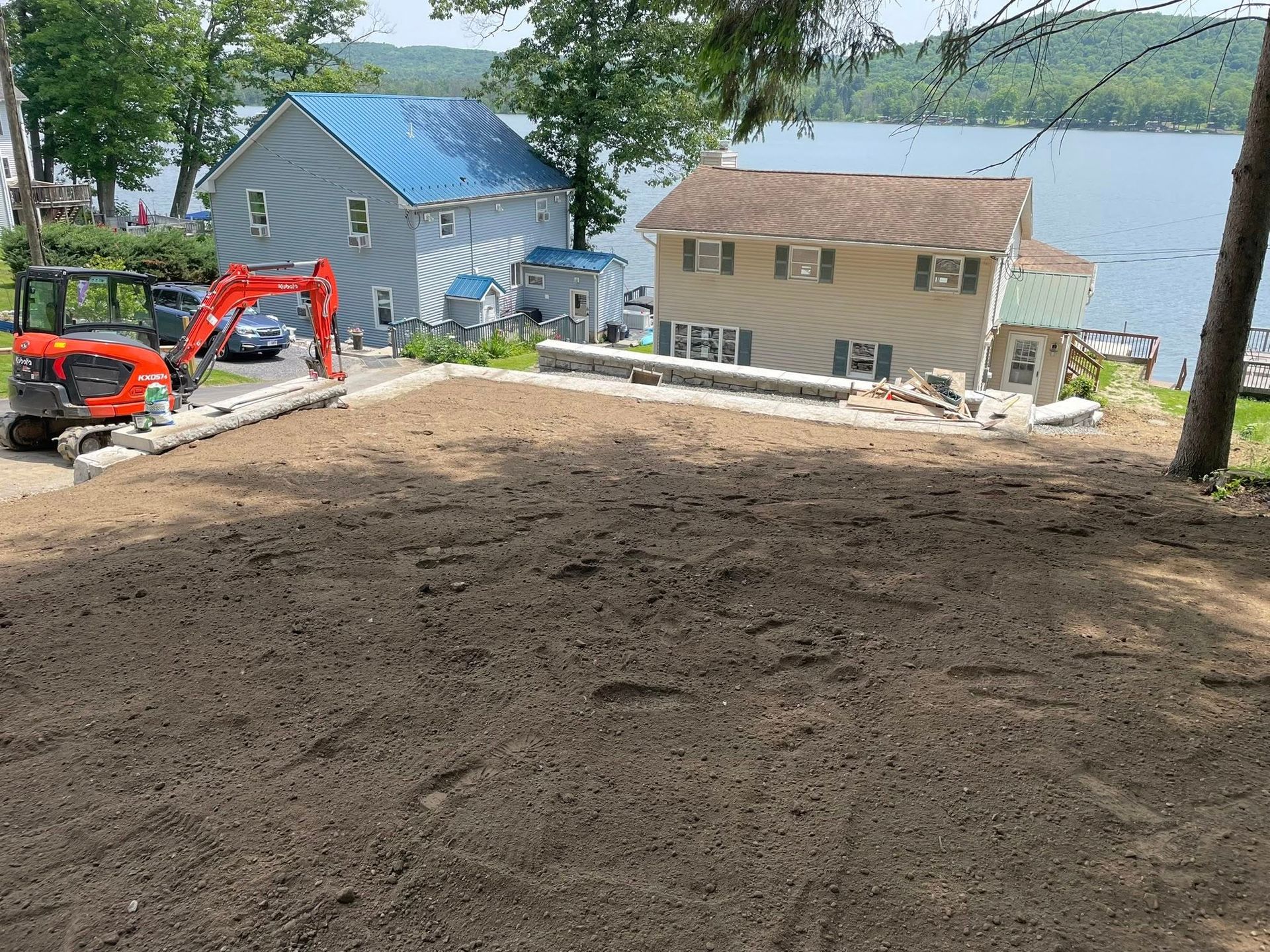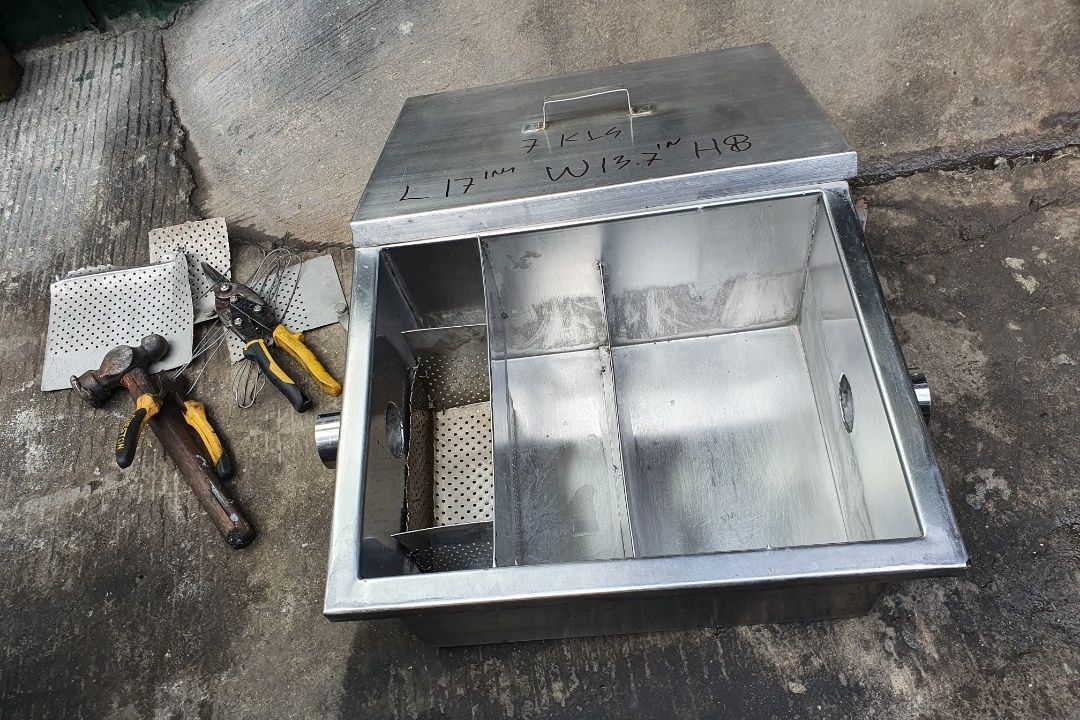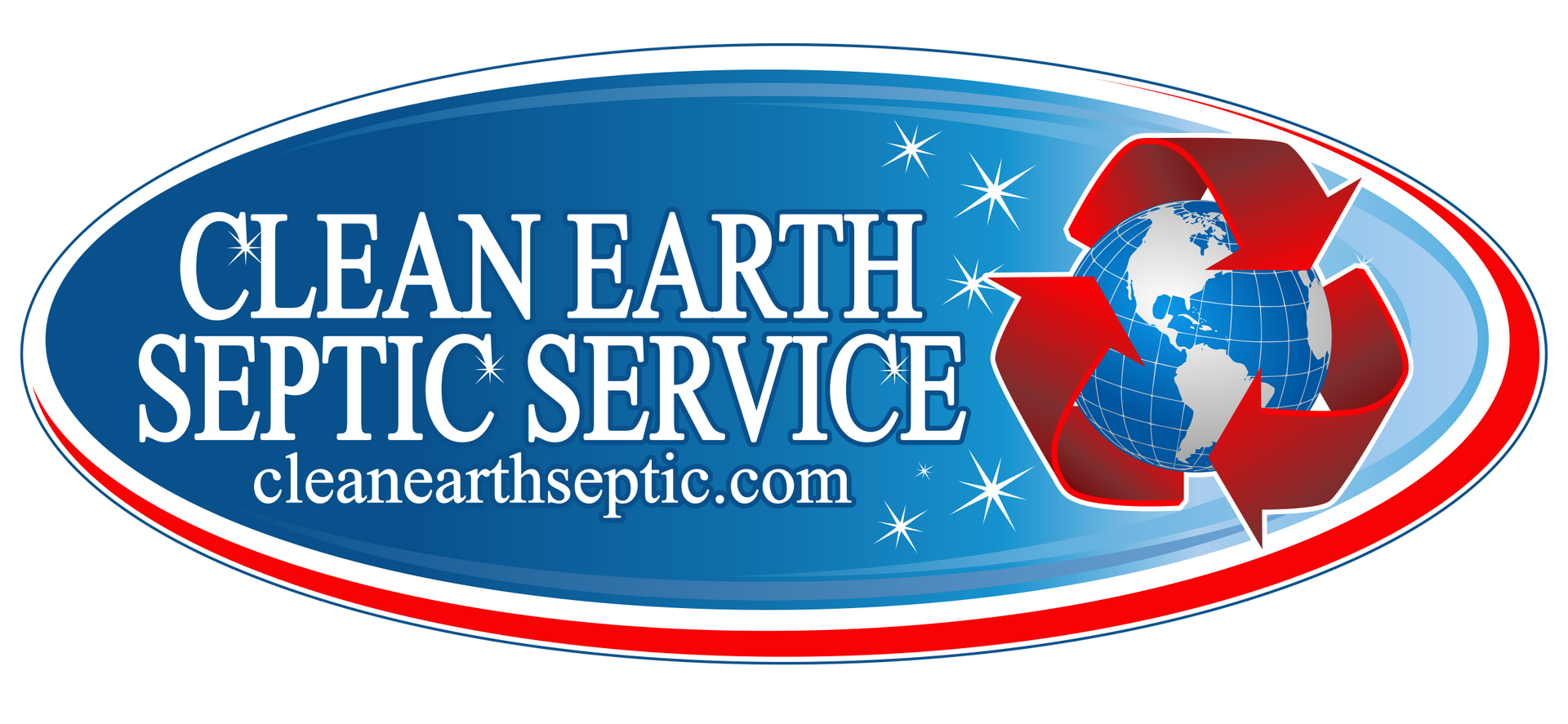The more you understand about your septic system, the better you can maintain it. Sure, it can be pretty disgusting, but it also does an important job. Your septic system is your home's most expensive utility which works round the clock to break down waste and safely filter water back into the ground. Today, we're sharing a few things you might not know about the inner workings of your hard working septic tank! Keep reading to learn more or
contact us today to request a quote for your next septic service.
1. Your Septic System is Like a Really Gross Layer Cake
Yep - a really gross layer cake. Inside your septic tank are three layers: Heavy solids such as human waste and food scraps drop to the bottom and become "sludge." Lighter waste such as hair and grease form a floating layer of "scum," and the liquid left in the middle is known as "effluent." After a few days in the tank, that middle layer is treated by naturally present bacteria found in our waste and eventually, the broken-down waste finds its way out to your drain field, where it gets absorbed into the soil.
Sludge is the thick dark stuff that can harden over time and become a real issue if you don't have you tank serviced regularly. If you do a lot of cooking, grease can make your sludge situation even worse. This is why we recommend having your tank pumped out every 2-4 years.
Contact us today
if you're overdue for
septic tank pumping i the Twin Tiers area.
2. Your Toilet Paper Tells Us A Lot About You
In addition to the other gross stuff floating in your septic tank, there's typically a nice thick layer of toilet paper on top. If you use Scott or a thin septic-safe brand, we'll notice that it's already beginning to break down. If you're a Charmin or Quilted Northern family, we'll see thick fluffy stuff that almost resembles cotton chunks on top.
3. Septic Tank Gases Can Kill You - No Joke
There's a reason you should never go inside your septic tank to repair things or find an unflushable (woops) item that somehow made its way in there... The gases can kill you. OSHA considers a septic tank a confined space where conditions can be "immediately dangerous." Newer tanks have risers—lids at ground level so the tank can be more easily inspected and pumped out. We install risers each week for clients that need easier access or want to save time digging out their manhole cover before each service.
In small amounts, hydrogen sulfide is what causes the rotten egg odor you might notice from time to time around your drainfield. (If you notice it often,
contact us
there could be a problem.) In larger quantities, however, it can cause paralysis, collapse after five minutes, or nearly instant death. Yes, your waste can kill.
4. There Are "Good" Bacteria in Your Septic System
The naturally occurring bacteria in our wastewater helps to break down solids and "sludge," but a typical septic tank can contain more than 100 chemical pollutants that are a danger to that naturally occurring bacteria. This doesn’t mean you can’t sanitize your sink or scrub your toilets, but
we highly recommend using septic-safe cleaning products to avoid stripping your tank of the natural bacteria it needs. Products we recommend for household use include Thieves Household Cleaner, Mrs. Meyers, Norwex, and Seventh Generation.
Fact: Just 2 gallons of bleach will wipe out all of the bacteria in a 1,000-gallon septic tank, and it can take up to 60 hours for it to recover. Drain cleaners (Draino, Liquid Plumber etc) are another big no-no. Just 1.3 ounces of the stuff poured directly into a septic tank will kill off its entire microbe community—and it won’t come back for at least two days. To learn more about the importance of bacteria in your septic system, check out our previous post or
contact us today
to purchase our very own septic system additive.
5. Septic System Additives Can Help Keep Things Flushing Smoothly
Not only is a septic system additive part of a smart routine maintenance plan, it offers a variety of benefits that can save you money in the long run! Adding a septic additive to your system once a month restores the good worker bacteria and enzymes to counteract the effects of household disinfectants. Our additive makes it easy to maintain a clean and sanitized home environment as well as a healthy bacteria population in your septic tank. When your system is working as it should a backup is unlikely and you won’t be charged additional fees for heavy solids disposal during your regular pumping.
6. You'd Be Amazed At What People Put Down their Drain
Grease, hair, wipes, goldfish, sour cream, paint, yeast, diapers. You name it we've seen it! The best thing you can do to care for your septic system? Don’t put things down it that don’t belong there! And have it serviced regularly. We recommend every 2-4 years.
N
ot sure when your tank was last pumped out?
Contact us to request a site visit and we'll gladly evaluate your system and offer our professional recommendations. We've been providing affordable and professional septic service
in the Twin Tiers region for over a decade.
